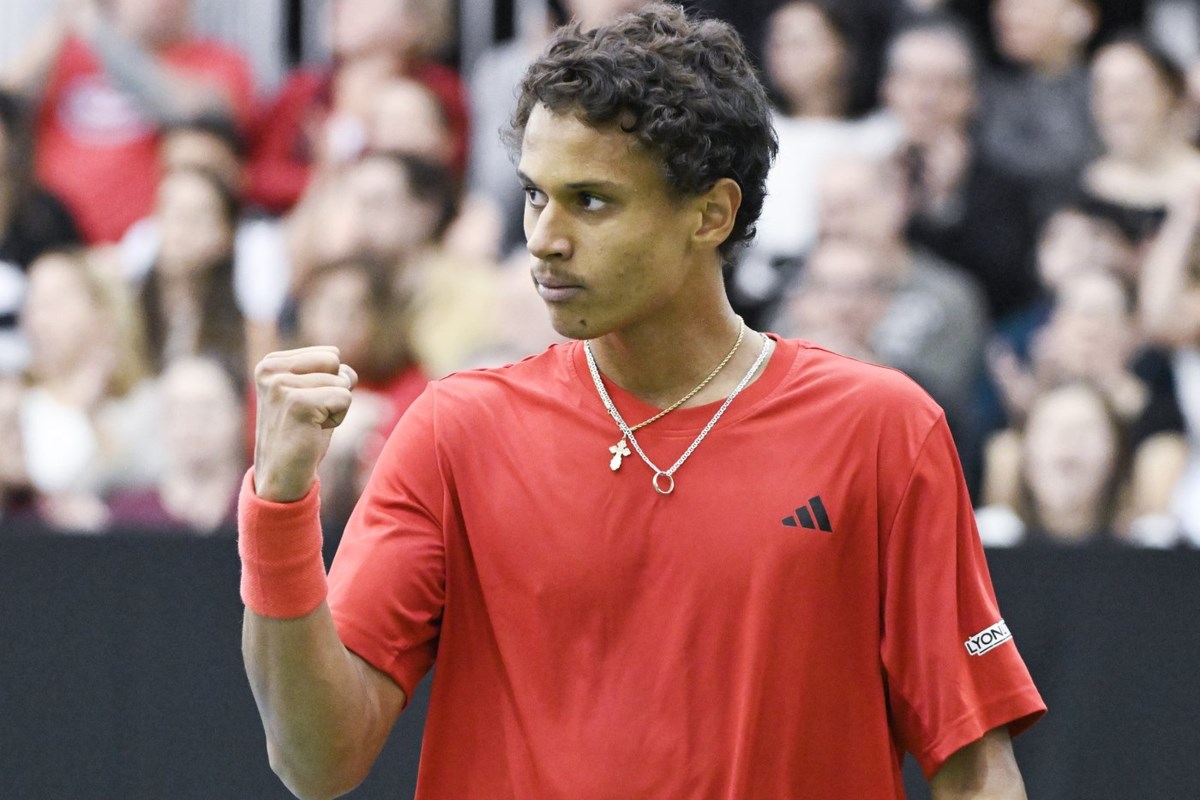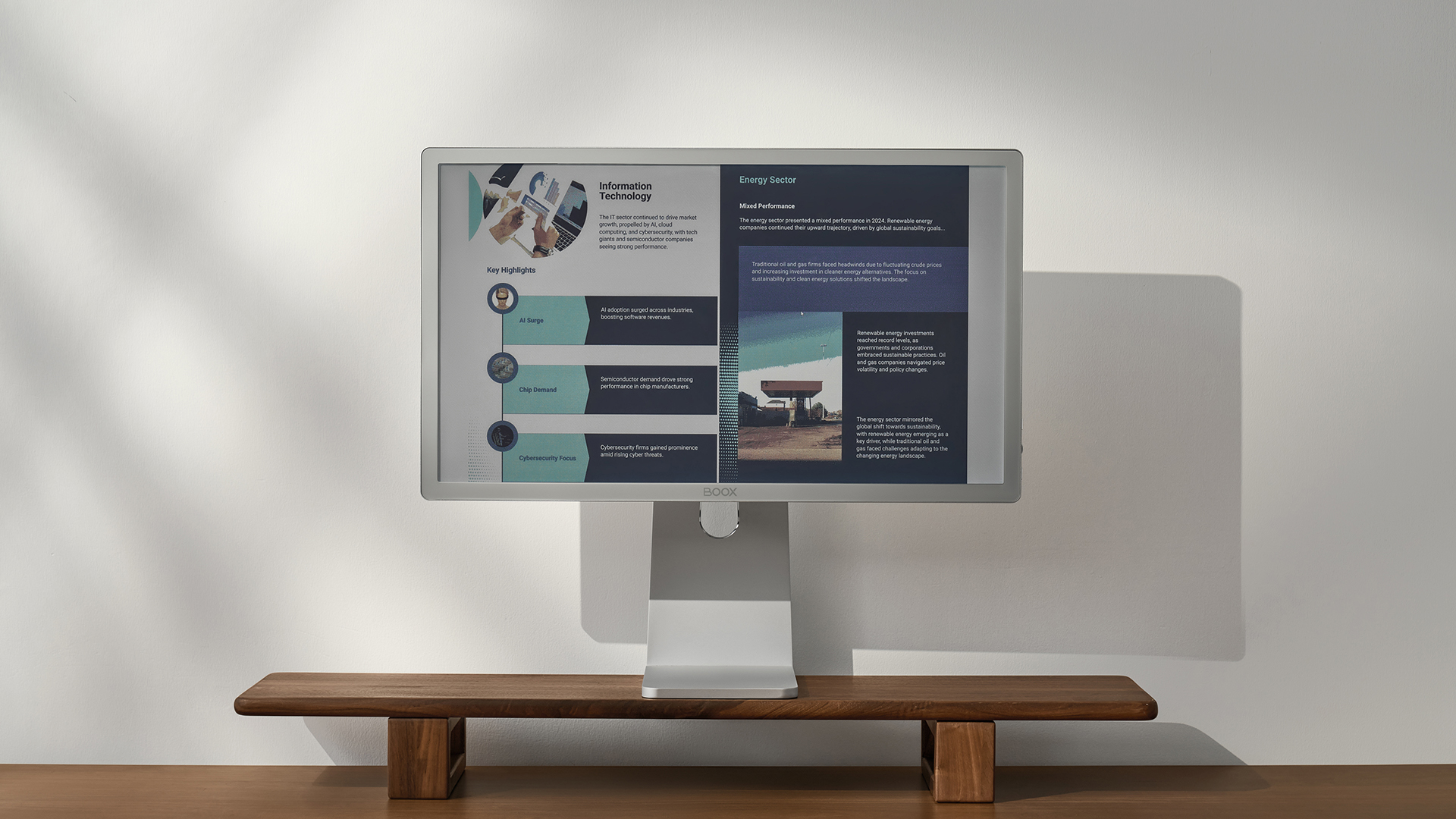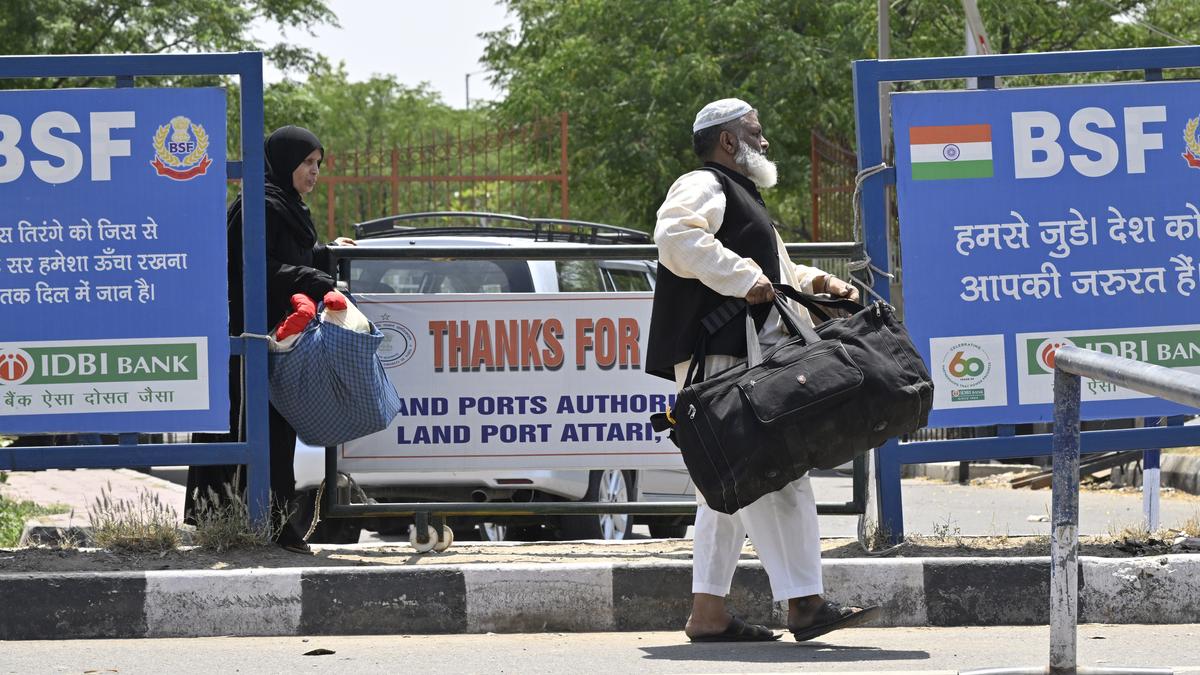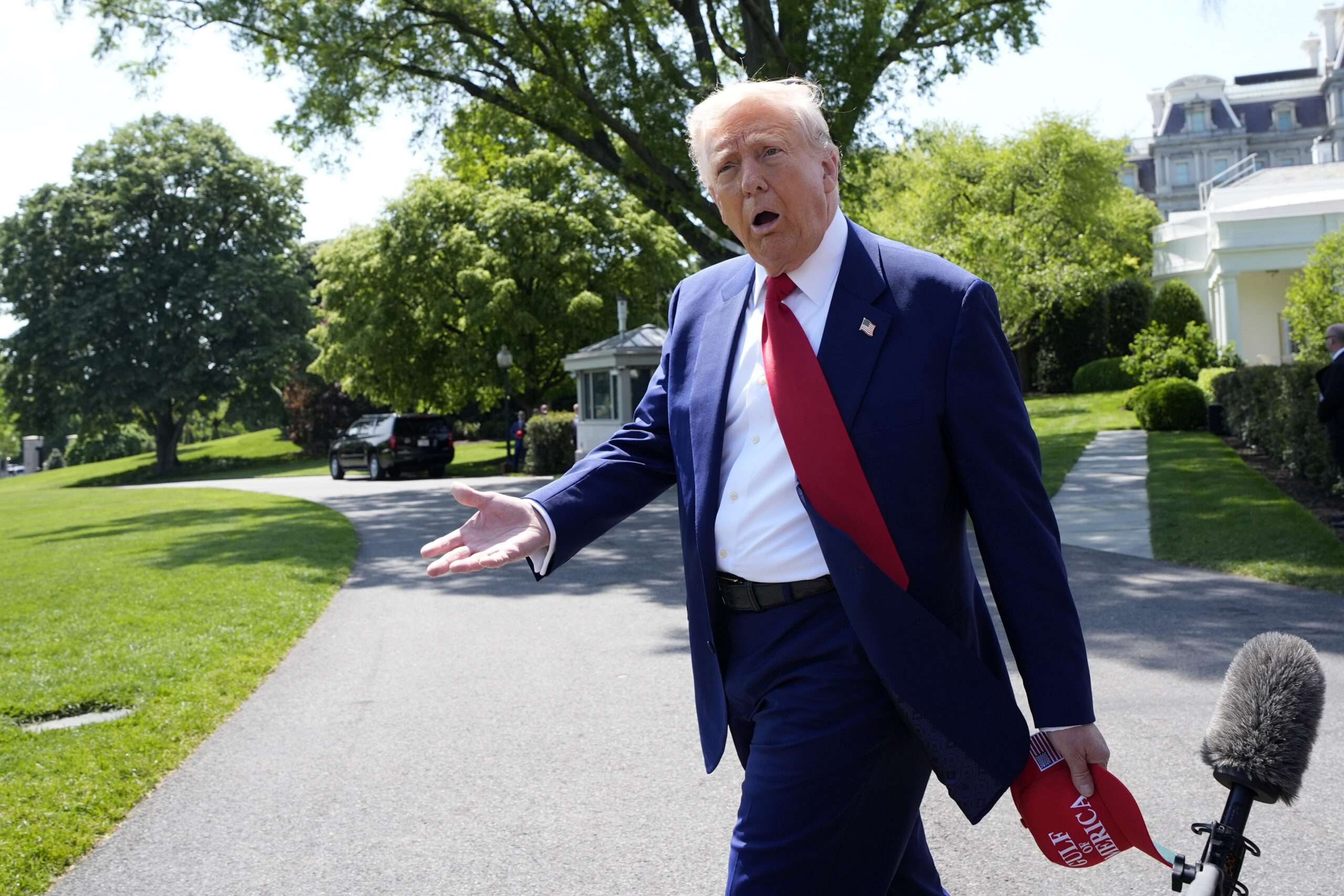Politics latest: Supplies to arrive at Scunthorpe plant - China could stay involved in British Steel, says minister

JD Vance says a US-UK deal can be done - but at what cost? A trade deal with the US: that's the economic prize Keir Starmer is desperate to win. After receiving what was branded by Downing Street as preferential treatment from US President Donald Trump by being slapped with a 10% tariff as opposed to the 20% initially imposed on the EU, the US administration soon downgraded the EU's tariffs temporarily putting us on the same level as most other countries in the world. So can Sir Keir Starmer reignite the withering special relationship, or is it time to accept the US is no longer the ally to the UK it once was? Speaking to UnHerd about the possibility of a trade deal with the UK, US vice president JD Vance said: "We're certainly working very hard with Keir Starmer's government. "The president really loves the United Kingdom. He loved the Queen. He admires and loves the King. It is a very important relationship. "I think there's a good chance that, yes, we'll come to a great agreement that's in the best interest of both countries." Looking at this rhetoric head on, Starmer could be forgiven for thinking a trade deal is a sure thing – especially as Vance goes on to compare the UK to Germany, praising our reciprocal trading relationship and criticising the Germans for their dependency on exports to the US. But the elephant in the room is the gaping hole between Labour's policy agenda and delivery and that of the Trump administration, and the White House’s perception that across Europe leaders ought to be more like them. Despite Vance referencing the US president’s love for the UK, he was heavily critical of what Trump's top team sees as a failure of politicians to take sufficient action on immigration. Vance told UnHerd: "The entire democratic project of the West falls apart when the people keep on asking for less migration, and they keep on being rewarded by their leaders with more migration. "We're very frustrated — 'we' meaning me, the president, certainly the entire Trump administration — that European populations keep on crying out for more sensible economic and migration policies, and the leaders of Europe keep on going through these elections, and keep on offering the European peoples the opposite of what they seem to have voted for." Despite some positive signs coming from the US vice president, here in the UK it is still unclear exactly what we would have to give up in order to get the Trump administration to sign on the dotted line and how much of a role the policy discord could play in negotiations. Nonetheless the UK government remains steadfast in its belief that a deal can be done, but at what cost? "We're not on anybody's side, we're on America's side", says Vance. Here Vance is clear that the old ways are gone, and that Europe must wake up to the fact that the US's blind faith in its allies is no more. But if the US is no longer on our side, and relations with Europe have been poisoned by years of bitter Brexit rows the UK appears to be increasingly lonely in a world still very much revolving around globalised trading relations – despite what Trump might say.



















